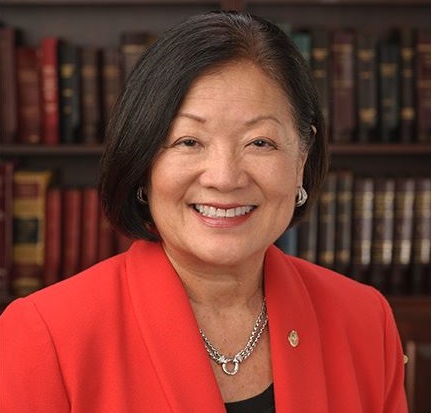October 16, 2019
WASHINGTON, D.C. – Today, Senator Mazie K. Hirono (D-Hawaii) announced $6.5 million in federal grant funding from the National Institutes of Health (NIH) to support construction of a new clinical research center – the first of its kind in the state – at the University of Hawaii Cancer Center that will focus on early-phase clinical trials.
“Cancer patients in Hawaii currently have to travel to the mainland to access cutting-edge treatments through early-phase clinical trials, creating a financial challenge that not only burdens some patients, but limits access for others altogether,” said Senator Hirono. "This new research clinic at the University of Hawaii presents a great opportunity for patients to access novel treatments, while helping researchers broaden our understanding of the disease.”
“We are extremely thankful for state and federal funds supporting the new state-of-the-art program. This will enable advances in cancer treatments that are of direct importance to our diverse population in Hawai‘i,” said UH Cancer Center Director Randall Holcombe. “Patients in Ho??la will participate in a clinical research study, and therefore be provided the newest treatments without the expense and difficulties of traveling to another National Cancer Institute-designated center on the mainland.”
The UH Cancer Center is the only National Cancer Institute-designated cancer center in Hawaii and the Pacific. Current cancer clinical trials in Hawaii are provided through a partnership between the UH Cancer Center, the University of Hawaii and the Hawaii Cancer Consortium.
The Early Phase Cancer Clinical Research Center will serve an estimated 100 to 200 patients annually with access to phase 1 trials who would have had to otherwise travel out of state for specialized treatment. Phase 1 trials are typically considered when standard treatments have been unsuccessful, or patients have a challenging form of cancer.
As a member of the Senate NIH Caucus, Senator Hirono has consistently supported the agency’s important contributions to cancer research. In April, she signed a letter asking the Senate Appropriations Committee to reject President Trump’s proposed cut to NIH funding and to maintain a strong commitment to medical research funding for the upcoming fiscal year.
###
